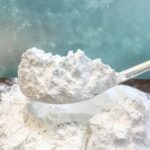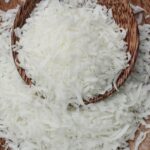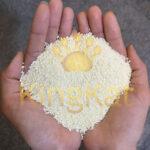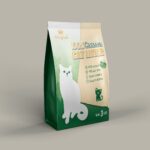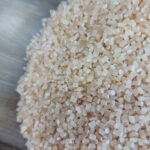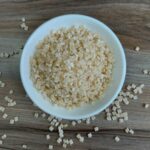CASHEW NUT SHELL OIL
When it comes to baking, certain ingredients take center stage, like flour, butter, and sugar. But there’s one ingredient that often flies under the radar despite its incredible versatility and benefits—desiccated coconut. This finely shredded form of coconut brings a unique blend of texture, flavor, and health benefits that can elevate even the most basic of recipes. Whether you’re a professional baker or a home cook, incorporating desiccated coconut into your baking repertoire can open up a world of possibilities. Here are five reasons why desiccated coconut is a baker’s secret ingredient.
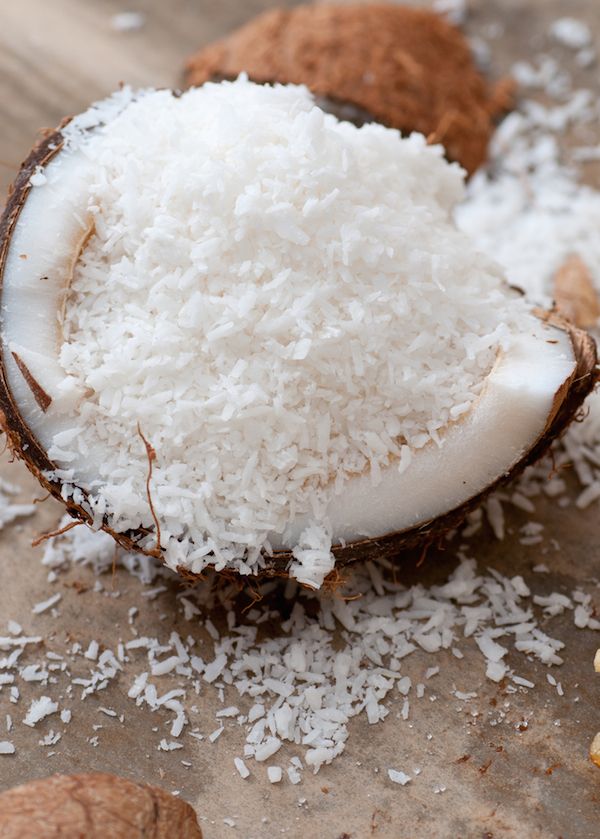
Table of Contents
Toggle1. Adds Incredible Texture
Texture plays a critical role in baking, and desiccated coconut shines in this area. Its finely shredded consistency adds a delicate chewiness to baked goods that creates a delightful contrast to soft cakes or gooey cookies. It works perfectly in recipes where you want a bit more bite or crunch. For example, in brownies, adding desiccated coconut to the batter brings a chewy, satisfying texture that complements the richness of the chocolate.
In cookies and scones, it enhances the overall mouthfeel, giving them a more robust texture without being too heavy. Even in cakes and muffins, a sprinkle of desiccated coconut in the batter or on top creates a subtle layer of texture that makes each bite more interesting. If you’re tired of plain, soft-baked goods, desiccated coconut can be the game-changer you need to take them to the next level.
2. Enhances Flavor Naturally
One of the key reasons bakers love using desiccated coconut is its ability to infuse a recipe with natural flavor. Unlike artificial flavorings or overly sweet ingredients, coconut has a mild, naturally sweet flavor that doesn’t overpower. Instead, it complements other ingredients beautifully. It pairs well with chocolate, adding a tropical twist to brownies, cakes, or even chocolate chip cookies.
For fruit-based desserts, like lemon bars or raspberry muffins, desiccated coconut adds a subtle richness that balances the tartness of the fruit. It also works wonders in spiced cakes, like carrot cake or banana bread, enhancing the earthy flavors of cinnamon, nutmeg, or ginger with its gentle sweetness. Best of all, desiccated coconut can be added to almost any recipe without needing to adjust the core ingredients, making it an easy and versatile addition.
3. Perfect for Gluten-Free Baking
Gluten-free baking can sometimes be tricky, especially when trying to maintain texture and flavor without the use of wheat-based flours. Desiccated coconut provides an excellent solution. When used as part of a gluten-free flour mix or as an additive, it helps retain moisture and structure in baked goods, which can sometimes be lost in gluten-free recipes.
For instance, adding desiccated coconut to gluten-free cookies or muffins gives them a slightly denser structure, making them more satisfying and less prone to crumbling. It’s also great in gluten-free cakes or brownies, where it helps maintain moisture and prevents the dry or crumbly texture that can sometimes occur in gluten-free baking. Plus, it’s naturally gluten-free, so you don’t have to worry about cross-contamination or additional dietary concerns.
4. Boosts Nutritional Value
Desiccated coconut is not just about flavor and texture—it’s also a nutrient-packed ingredient that can enhance the overall healthiness of your baked goods. Coconut is high in healthy fats, particularly medium-chain triglycerides (MCTs), which have been shown to support metabolism and brain function. It’s also rich in dietary fiber, helping to promote digestion and keep you feeling full longer.
Additionally, desiccated coconut contains essential minerals like manganese, which plays a role in bone health and metabolism, and copper, which supports red blood cell formation and immune function. By adding it to your baked goods, you’re not just enhancing taste—you’re also giving your desserts a nutritional boost that adds real value.
5. Extends Shelf Life
Bakers are always looking for ways to keep their products fresher for longer, especially when preparing large batches or running a commercial operation. Desiccated coconut can help with that. Due to its low moisture content, it helps retain moisture within baked goods, keeping them soft and fresh over a longer period.
For example, cakes, cookies, and bars that include desiccated coconut tend to stay moist longer than those without it. This is particularly useful for items like muffins or breads, which can dry out quickly. It’s also great for extending the shelf life of gluten-free or sugar-free baked goods, which can sometimes have shorter freshness windows.

Conclusion
Desiccated coconut is more than just a garnish or filler—it’s a powerful, versatile ingredient that can enhance your baking in numerous ways. From adding texture and flavor to improving the shelf life and nutritional value of your baked goods, desiccated coconut is a must-have for any baker’s pantry. Whether you’re whipping up a batch of cookies, perfecting a layer cake, or experimenting with gluten-free recipes, desiccated coconut is the secret ingredient you didn’t know you needed. Try it in your next baking session, and see the difference it makes!

